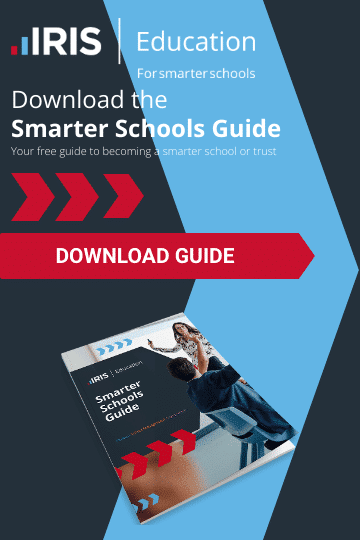BLOGS
Ofsted’s eyes turn to finances – here’s why schools should be preparing now

Ofsted have recently expressed interest in assessing school financial decision-making, which would give inspectors total oversight of school finances. As a result, schools need to consider accountability more than ever.
Ultimately, this would be a value judgement on the quality of school leadership and administration, not on the schools themselves. This means that even if a school or trust follows best practice to the letter and manages their finances to perfection, if they can’t prove a robust audit trail, their management could be in trouble.
This decision is being made in collaboration with the DfE; this makes it clear how important good financial management is to both Ofsted and the DfE, and it’s in schools’ best interests to take notice.
School financial ratings
This news comes amidst tentative plans to give schools a financial rating. It’s clear that Ofsted have a laser focus on school finances, especially when you consider the recent school resource management advisor pilot aimed at providing financial advice to schools.
However, only a few trusts have been able to implement the measures outlined by the pilot, despite financial advisors finding a reported £172m of possible savings in schools. Recent figures show that only £4.9m of savings have been made so far – a figure that should be thrown into stark contrast with the expense of undertaking such an initiative. This has led many to question the true purpose of these financial initiatives.
Lower funding, higher scrutiny
The DfE have now admitted that per-pupil funding is down 2% from 2010 (once inflation is taken into account). Funding is lower, and as a solution, it seems Ofsted are going to become more critical of funding allocation and use intense financial audits to put the onus on schools.
Despite widespread condemnation by headteachers, it’s likely that plans will go ahead.
Schools and trusts need to act now
A balanced budget would be a great signifier to Ofsted that you have financial plans in place. Schools and trusts should also look to start implementing longer-term financial plans now before these proposed changes take place – besides, this can only help these schools to use their money in the most efficient way possible.
However, it doesn’t matter how balanced a school’s budget is if there’s no way to prove that they’ve followed best practice. The secret to beating greater financial scrutiny is to invest in better reporting facilities.
Schools can’t afford to be left behind as financial scoring comes into play. In fact, with greater financial control, trusts will also benefit from better financial control, improving the situation for every school in the trust.
Even more important to consider, the head of Ofsted Amanda Spielman has made clear in the past her willingness and ambition to evaluate trusts as a whole rather than looking at an evaluative sample of schools. If this happens, trusts need to be ready to prove their financial situation both trust-wide and in granular detail.
Financial security
One of the best ways to get ahead of future school financial scrutiny is to adopt unified ledger technology. No matter how many transactions you undertake or how many schools are in your trust, your finances are always kept in balance, with no need to reconcile separate ledgers.
This enables powerful, up-to-date accounting and drill-down reporting that traditional ledger systems can’t keep up with. No matter the scrutiny your finances are put under, you can ensure that your finances are outstanding.
One of the best unified ledger packages available on the market for schools and trusts is IRIS Financials. With powerful out-of-the-box reports and the facility to create custom dynamic reports, you can meet your financial obligations with ease. To find out more, visit the IRIS Financials site today.









